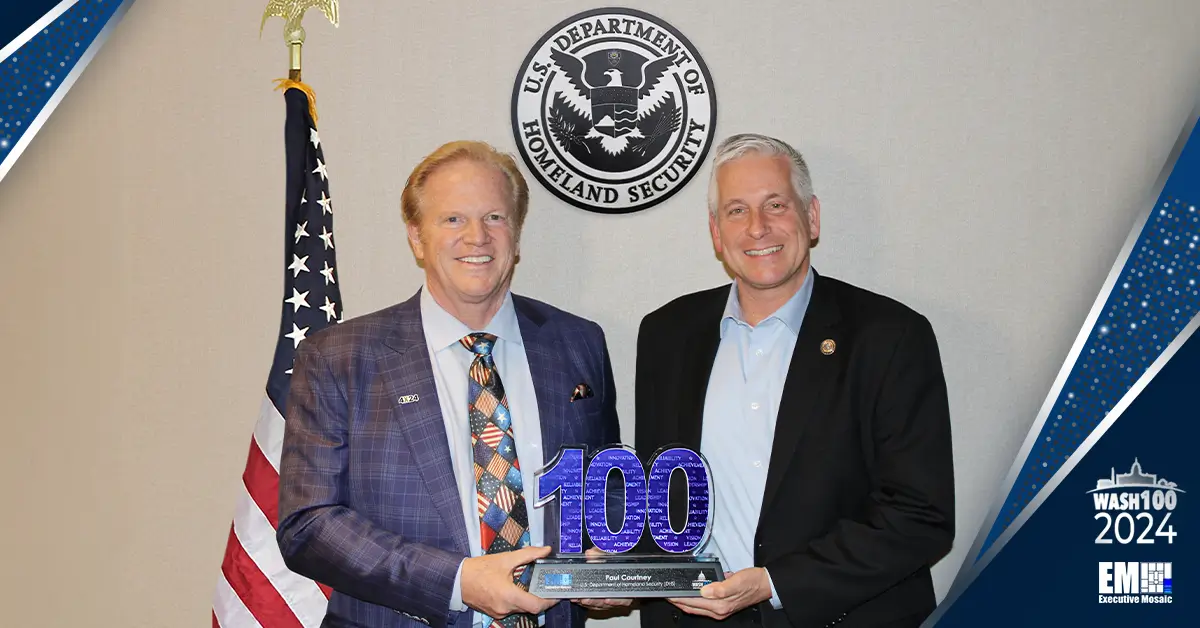United States officials are facing constantly evolving homeland security threats and challenges in today’s interconnected world. According to Scott Recinos, senior vice president of homeland security at LMI, environmental impacts from climate change are becoming increasingly more consequential to homeland security missions.
“The escalating climate change impact is a significant homeland security challenge, resulting in more frequent and severe disasters with over $23 billion in damages in 2023 alone with underserved communities disproportionately affected,” said Recinos.

Hear about how government leaders are tackling this and other urgent challenges facing the U.S. at the Potomac Officers Club’s 2023 Homeland Security Summit on Nov. 15! LMI supports this event as a lead platinum sponsor, and Scott Recinos will be introducing keynote speaker Paul Courtney, the Department of Homeland Security’s chief procurement officer. Register here.
“Key DHS components like FEMA and CISA play a critical role in enhancing the nation’s preparedness and resilience,” Recinos continued. “Rapid adaptation of infrastructure and community readiness is crucial.”
Recinos noted that other top priorities include staying ahead of emerging threats, enhancing cybersecurity and improving disaster response and recovery while ensuring seamless coordination across federal, state, local, tribal and territorial entities.
DHS Harnessing Tech to Improve CX & Drive Innovation
In addition to focusing on environmental issues, the Department of Homeland Security is also deploying and integrating emerging technologies like artificial intelligence, machine learning and the Internet of Things to overcome some of its more customer-facing operational hurdles, said Recinos.
At the heart of DHS’s tech integration efforts is a focus on human-centered design and improving customer experience, or CX, for the more than one billion citizens the agency interacts with annually.
“The focus on customer experience, exemplified by the OCIO Customer Experience Directorate, is critical,” commented Recinos. “Given DHS’s extensive public touchpoints, from TSA officers assisting millions of travelers daily to USCIS engagement with asylum seekers and FEMA’s support to disaster-affected individuals, it’s commendable to see DHS promoting innovative, human-centered approaches in their mission.”







